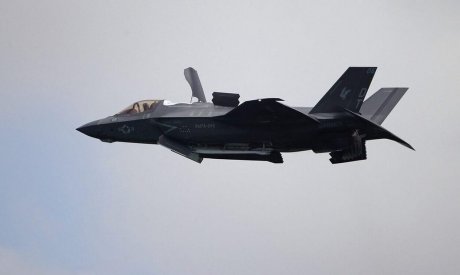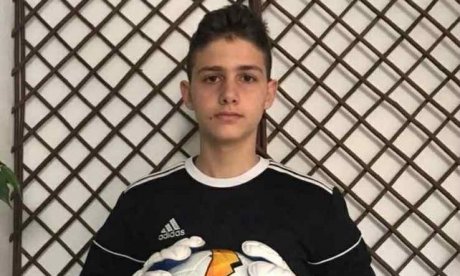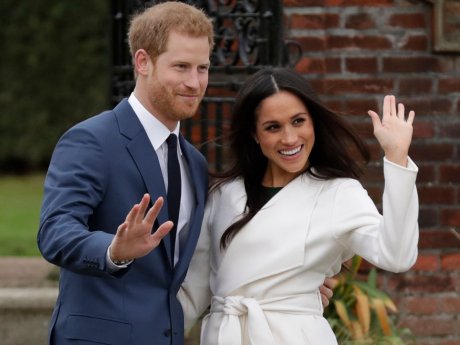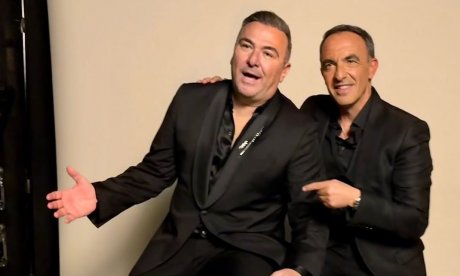PM Mitsotakis, President Putin in Sochi: Greek-Russian relations remain strong
The relations between Greece and Russia have a continuity and a future, Prime Minister Kyriakos Mitsotakis said in joint statements following his private meeting with Russian President Vladimir Putin in Russia on Wednesday.
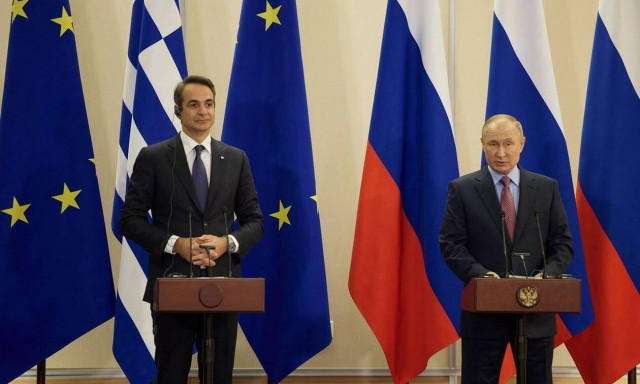
The meeting was "an opportunity and a bridge to further strengthen our bilateral relations, based as always on respect and mutual interests," Mitsotakis said, noting historical relations and Russia's role in the Greek Revolution of 1821.
The Greek prime minister said that he and Putin adopted a joint action program for 2022-2024, which Putin also referred to in his statements, that sets out sectors of mutual interest and could also be expanded to include more. He also thanked Putin for Russia's contribution to fighting the devastating fires resulting from climate change.
Speaking about energy relations between the two countries, Mitsotakis noted that "Russia has proven a reliable supplier of natural gas over time, just as Greece has proven a reliable partner. Any possible changes must not deviate from the terms of the agreement."
The two leaders also spoke about investments and tourism and "agreed on a joint action plan," he said, while in terms of regional developments Mitsotakis said "I explicitly said that Turkey is using inflammatory rhetoric and practices aggression that leads to instability. Greece was always in support of dialogue on the basis of international law and the Law of the Sea." Referring to Cyprus, he also reiterated the need for a just and viable solution based on UN Security Council resolutions and rejecting any discussion on a two-country solution.
Mitsotakis stressed that the communication channels between Russia and the EU must remain open. "I expressed my concern about the revival of tension in Ukraine," the Greek premier also said, adding that "there will be no victor. We are strongly interested in the region of Donbass, because there are a lot of Greeks living there." In terms of Libya, they agreed that the timetables must be kept, he said.
"Wrapping up, I hope that our relations can be strengthened, as they have been doing for many years now," the Greek PM said. "Greece is present in Russia. There also many outstanding Pontian Greeks, especially in southern Russia. Our relations have a continuity and a future," he noted.
Putin's statements
Russia's president called the talks with the Greek PM comprehensive and effective, and welcomed him to Sochi on the centennial year of Greece's Revolution for Independence, which Russia supported from the start.
Speaking of the strength of Russian-Greek relations, he said that "the first three quarters of 2021, bilateral trade increased by 56%." Further, Russian businesses are strongly interested in investments in Greece, and he said he expects the same response by corresponding Greek businesses. He also expressed the hope that Greece supports Russia's candidacy to host the international EXPO 2030 fair.
Putin said that Russia guarantees over 40% of Greece's energy needs, "it fulfils its obligations to Greece and the EU, and it will continue the uninterrupted supply of natural gas."
The Russian president revealed that Russia had decided "to hand over to the Greek state the archives of the Jewish communities of Greece kept by the Nazis that were found in Moscow," and added that the Year of Greek and Russian History will be extended to mid-2022.
Regarding the Cyprus issue, the Russian leader said that he supports the solution of the bizonal and bicommunal federation. "For us, the reference and starting point for all differences is dialogue. The Greek side intends this, and we support it. We do not see any obstacles to dialogue" between Greece and Turkey, Putin said, in response to a question. "These issues must be discussed and resolved," he noted.
President Putin also said the two discussed the East Mediterranean and Libya in detail. "We are expecting that the scheduled elections will take place at the set dates," he underlined, and expressed the belief that there would be solutions to normalizing the situation.
Responding to press questions, the Russian president said "Greece is a member of NATO and in the political and economic bloc of the EU. We never had anything against that." He added that it was positive from one aspect, given the historical links of Greece with Russia. For decades, Greece was always supporting, to the extent possible, a balanced attitude in terms of the EU-Russian collaboration.
But in terms of NATO, Putin said, "unfortunately NATO follows a confrontational policy against Russia. The expulsion of Russian diplomats led to our shutting down the NATO representation in Moscow. This is a non-friendly attitude toward us. They are stating that Russia is their enemy, their competitor. Russia is not seeking a confrontation." Greece's stance is based on moderation, and its membership in either of the two blocs never stood in the way of developing relations with Russia, Putin said, adding the hope that "in the future we will use the support of our Greek friends in order that they play a positive role in our relations with these two blocks."
The Russian leader was also asked if Russia plans to attack Ukraine, which the Russian president called a provocative question. He underlined that Russia follows a peaceful policy, but has every right to defend its security. "The prospect of Ukraine joining NATO cannot but concern us, because this will be followed by the development of bases there," he noted. "We hope that our concerns will be heard this time, even though we always and consistently spoke of our concerns in the past decades," Putin said. "Despite this, NATO infrastructure approached our borders and we are now seeing [NATO] missile defense systems in Romania. We have a strong suspicion that we should expect the same to happen in Romania. How could we not think that?"
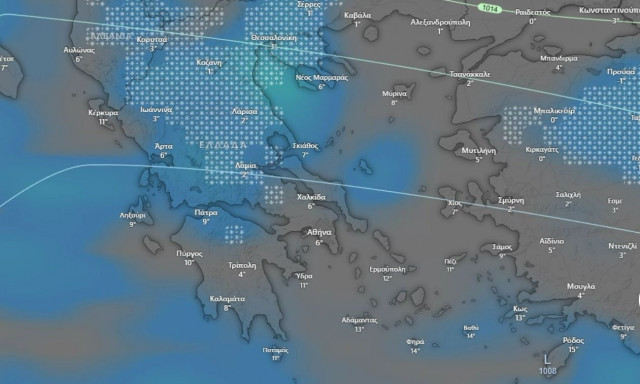
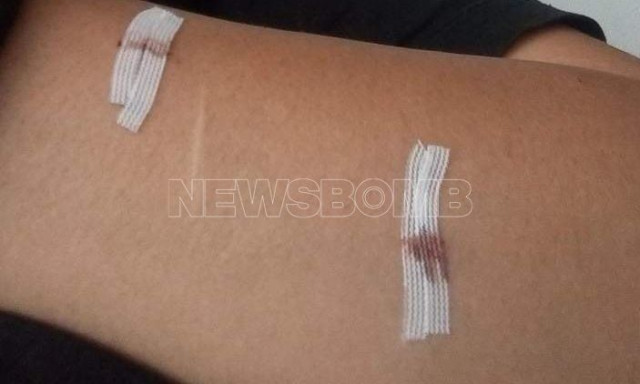
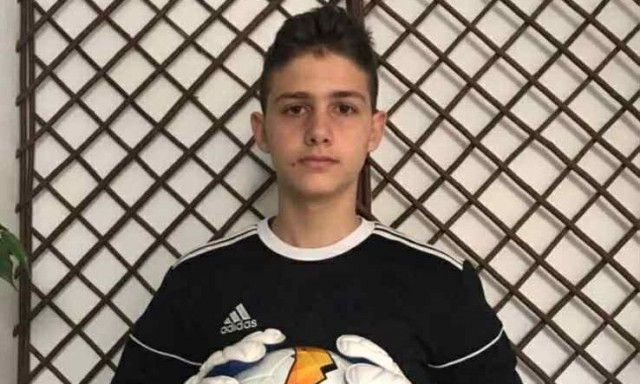
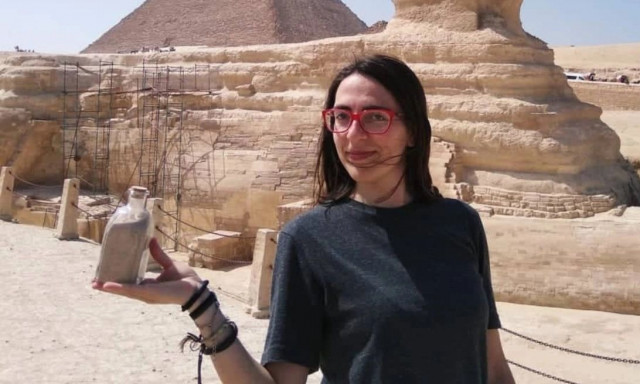

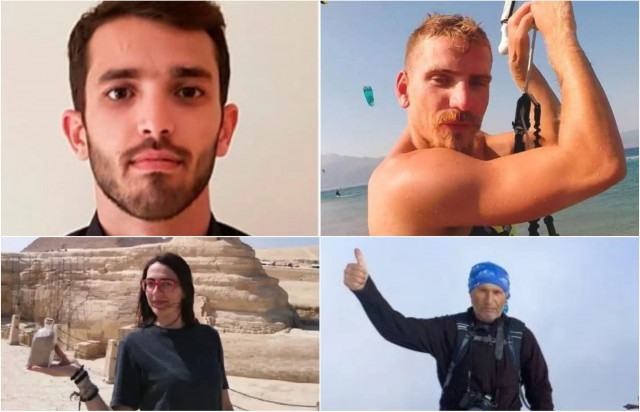
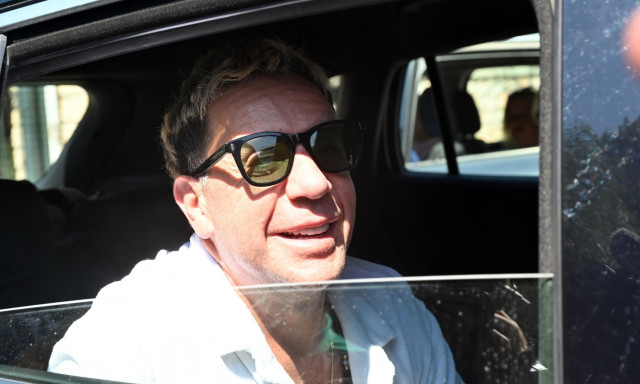
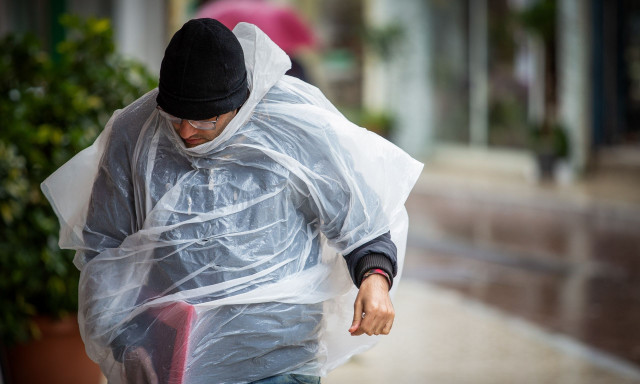
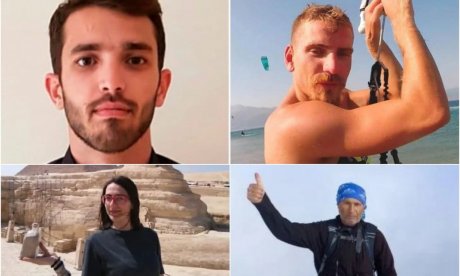
.jpg)

